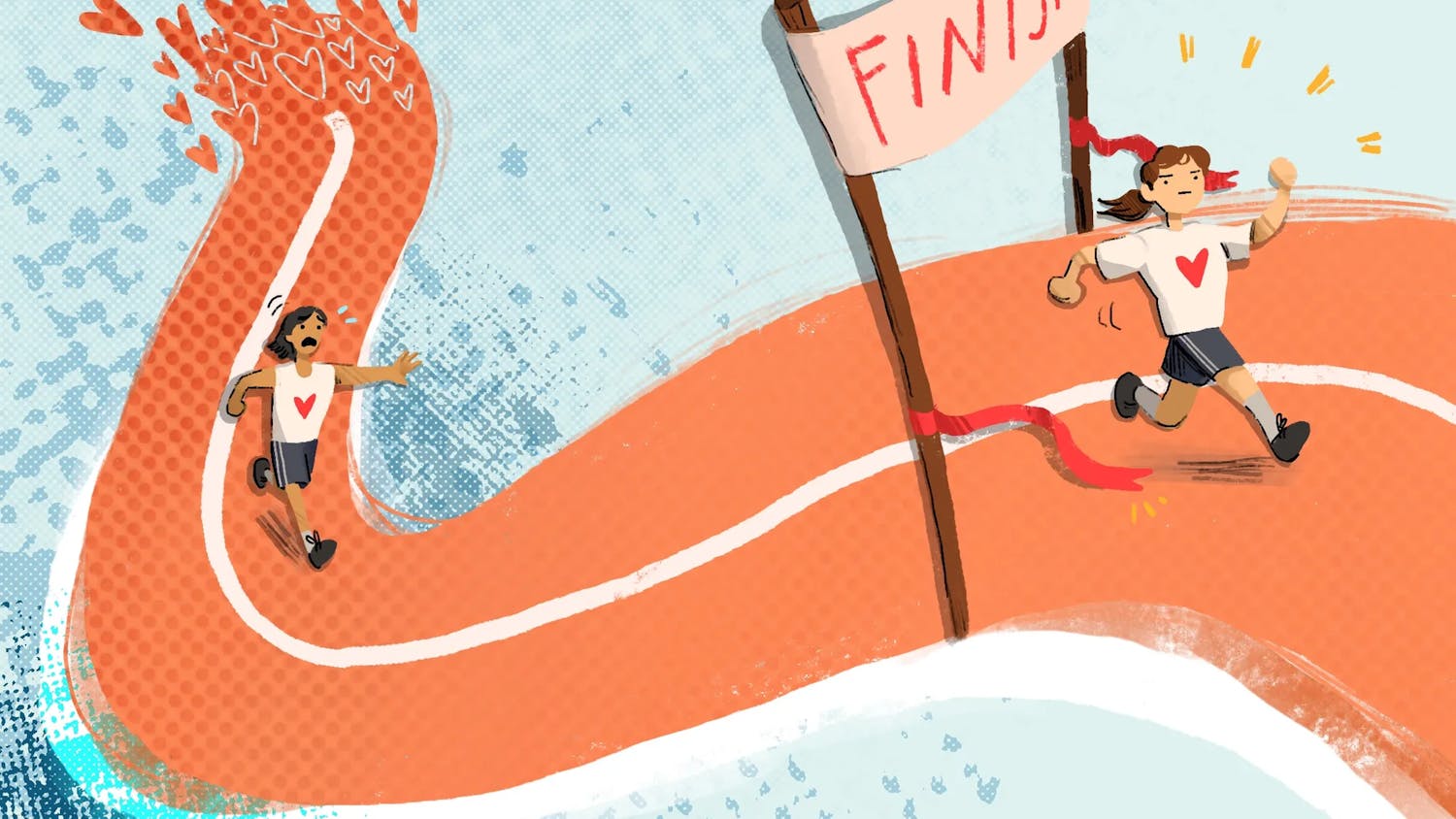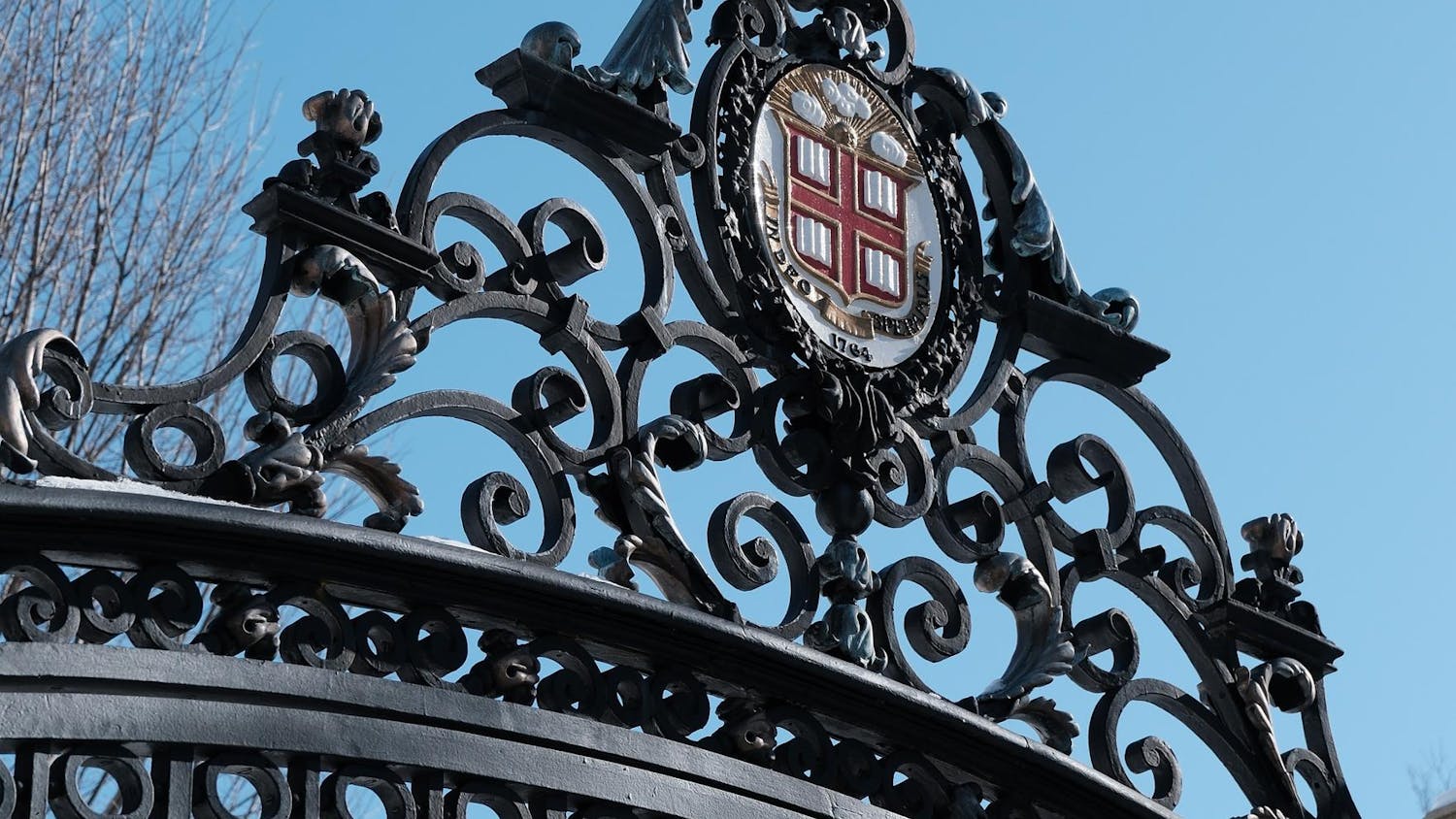The ongoing crisis and relief efforts in Haiti have rightfully captured our close national attention. But as the acute phase of the disaster fades and relief rather than rescue becomes the order of the day, an important opportunity arises for self-examination. It may be uncomfortable, but the circumstances demand that we ask ourselves: have we acted well and admirably as members of the international human community? While leaving that as an open question, I want to discuss some aspects of fundraising I've observed here on campus that I feel are particularly relevant to this question, as we each attempt to answer it for ourselves.
Since we've returned to school, the campus has been abuzz with various fundraisers for the crisis. More than likely you've seen a Facebook invitation to a "Party for Haiti" at nightclub Blu, a fundraising a cappella concert or a night at the Grad Center Bar — all of which promise a share (respectively: the $5 cover plus 10% of Blu's profit, the $5 entry fee and 50% of the GCB's profit) of their proceeds to relief efforts. In this immediate sense, there's no doubt that the efforts on campus are applaudable: they help maintain a strong overall campus awareness of the crisis's severity and provide ready access to the opportunity to give.
With an abundance and variety of fundraisers, we could hardly be faulted for a lack of attention on campus toward the crisis. Yet I feel there is also a certain danger in these social fundraising events, and hope that we can remain mindful of their potential pitfalls while supporting them and, more importantly, their cause.
The potential problem events such as these present is the risk, in our minds as participants, of a distortion of the spirit of charity, and of a resulting incongruence between fundraiser and cause. These events are promising sources of further aid to the relief effort, but because they are intentionally designed to draw participants by offering enjoyable activities, it's important that they be accepted for what they most fundamentally are: an opportunity to have a good time, with the added benefit of the donation of proceeds.
The spirit of enjoying a concert or a party is not the same as the spirit of genuine concern for disaster victims, and we must take care to distinguish the two. We need to be careful not to convince ourselves that there's something supererogatory in attending a party or a concert, not to pat ourselves on the back for ordering another round of drinks at the GCB, not to view our spent money straightforwardly as a donation. We should certainly appreciate that the proceeds go to relief efforts, but the activity itself is a good time first and charitable second, and not the reverse.
Ultimately, money is money and social fundraising events are instrumental tools in strengthening the overall relief effort. But in a humanitarian crisis of this magnitude, compassion is still the greatest fundraiser that we have, and charitable social events should be seen as a complement to, rather than a substitute for, genuine giving for its own sake. We can give freely, or we can give indirectly through having a good time. Or, ideally, we do both, while understanding their differences. What's critical for each of us to avoid is engaging in the latter to the exclusion of the former and finding a complacent, false sense of altruism in doing so.
Let me make myself clear: this is not a condemnation of these fundraising events, nor of their organizers, nor of those who choose to attend them. I believe these events, both here on campus and everywhere else they exist, have a vital role in providing the strongest and swiftest relief we can to the people of Haiti. Each of the organizers of the specific events I've mentioned is a personal friend of mine, and I admire their efforts, which are nothing less than laudable. Further, participation in these events can go hand in hand with good, humble perspective about the crisis and our role as givers.
I say only that it's important, if we choose to participate, that we keep that perspective while we do so. I make no assumptions about what you have done, thought or felt. But if you have participated in these events, I urge you to think (if you haven't already) about what it meant to you, and what the appropriate role is for these events, both within your personal response to the crisis and within the larger relief effort.
Ben Bastomski '10 is a philosophy concentrator from Santa Barbara, Calif. He can be contacted at benjamin_bastomski (at) brown.edu.




